TEMPO.CO, Jakarta - United States President Donald Trump recently announced a reduction in import tariffs for Indonesian products, lowering the rate from 32 percent to 19 percent.
However, Bhima Yudhistira, Executive Director of the Center of Economic and Law Studies (Celios), believes this concession still places Indonesia at a disadvantage.
In return for the tariff reduction, Trump stated that U.S. exports to Indonesia would be exempt from tariffs and non-tariff barriers.
“A 19 percent tariff for Indonesian exports to the US, while the US can enjoy a 0 percent facility actually poses a high risk for Indonesia's trade balance,” Bhima told Tempo on Wednesday, July 16, 2025.
Bhima explained that while the 19 percent tariff could benefit certain Indonesian export products such as footwear, finished clothing, crude palm oil (CPO), and rubber, the agreement would also increase imports from the U.S., particularly in the oil and gas sector, electronics, aircraft parts, cereals, and pharmaceuticals.
In 2024, Indonesia imported these five types of goods from the U.S. with a total value of US$5.37 billion, equivalent to Rp87.3 trillion.
Syafruddin Karimi, an economist from Andalas University, shared a similar perspective. He argued that the trade deal leaves Indonesia in an unequal position.
“When imported goods become cheaper due to being tariff-free, local businesses will face significant pressure, and the space for national industrialization will narrow even further,” he stated in a written message on Wednesday.
According to Syafruddin, this imbalance could lead to a bilateral trade deficit between Indonesia and the United States. He warned that Indonesia risks facing a "two-layered balance," where overall trade might show a surplus, but trade with the U.S. specifically records a deficit.
“In this agreement framework, Indonesia appears more as a passive consumptive market, rather than an equal and sovereign trading partner,” Syafruddin said.
On Truth Social, Trump explained that the agreement was reached following direct negotiations with Indonesian President Prabowo Subianto. He also noted that Indonesia had committed to investing in several U.S. goods.
“As part of the Agreement, Indonesia has committed to purchasing $15 Billion Dollars in US Energy, $4.5 Billion Dollars in American Agricultural Products, and 50 Boeing Jets, many of them 777’s,,” Trump said through the @realDonaldTrump account, as quoted on Wednesday, July 16, 2025.
Earlier, the Coordinating Ministry for Economic Affairs had commented on Trump’s initial announcement of a 32 percent tariff on Indonesian goods, which is scheduled to take effect on August 1, 2025. The ministry’s spokesperson, Haryo Limanseto, said that there was still room for negotiation.
“We do not consider this as done, because in their letter, they also conveyed that it will be (effective) in August,” Haryo said at the ministry’s office on Lapangan Banteng Street, Jakarta, on Wednesday, July 9, 2025.
Haryo added that negotiations between Indonesia and the U.S. could still continue after August. He also mentioned that the Indonesian government had submitted all documents requested by the U.S. negotiating team.
He said the U.S. side appreciated Indonesia’s proposals. “However, the decision still lies with Mr. Trump,” Haryo said.
Proposals Previously Offered by Indonesia to the U.S.
1. Critical Mineral Investment
Indonesia proposed cooperation in critical mineral sectors, including nickel and copper, to support the electric vehicle ecosystem and the U.S. defense industry. This proposal was put forward by the Indonesian Investment Authority for Nusantara Resources (DANANTARA), according to Coordinating Minister for Economic Affairs Airlangga Hartarto.
2. Compensation for U.S. Product Imports
Indonesia expressed its readiness to increase imports of soybeans, wheat, liquefied petroleum gas (LPG), and liquefied natural gas (LNG) to help reduce the U.S. trade deficit, which stood at US$17.9 billion in 2024.
3. Relaxation of Domestic Component Rules (TKDN)
Indonesia committed to easing Domestic Component Level (TKDN) requirements for the technology and information sectors, benefiting companies such as Apple, Microsoft, and Oracle. Airlangga stated that the new approach would be incentive-based, following President Prabowo’s directive.
4. Import Deregulation
Indonesia revoked Ministerial Regulation No. 36 of 2023 (as amended by No. 8 of 2024) on import policy and replaced it with Ministerial Regulation No. 16 of 2025. This policy relaxes import rules for 10 commodity categories to improve export competitiveness.
5. Tariff Reduction for U.S. Products
Indonesia granted most-favored-nation (MFN) status to U.S. products. Finance Minister Sri Mulyani stated that import tariffs for these goods would be lowered from the current 5-10 percent range to 0-5 percent.
Rafiif Nur Tahta Bagaskara, Ilona Estherina, and Krisna Pradipta contributed to the writing of this article.
Editor's Choice: Trump Announces $15 Billion Energy Deal, 50 Boeing Jets for Indonesia
Click here to get the latest news updates from Tempo on Google News


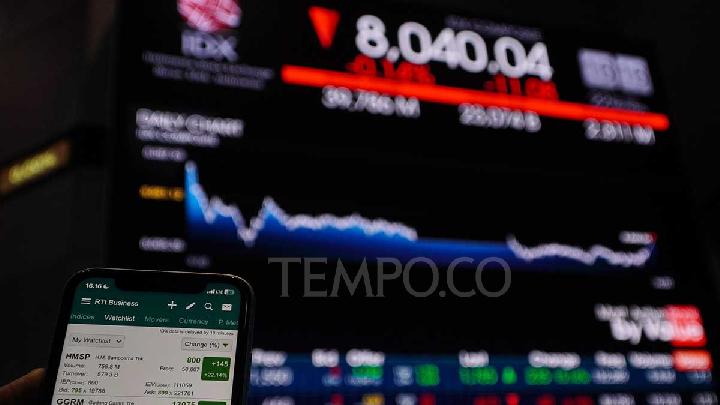
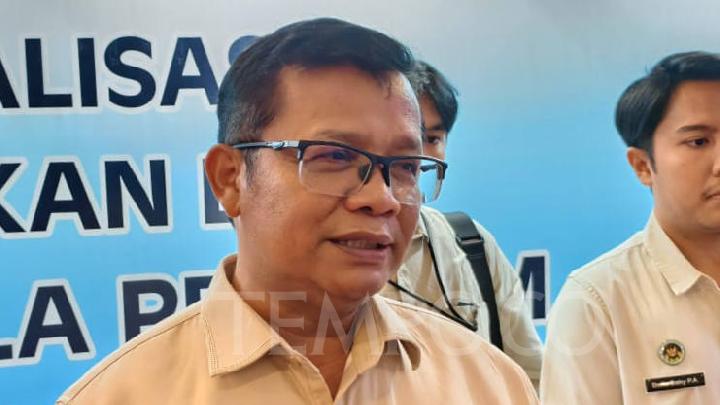

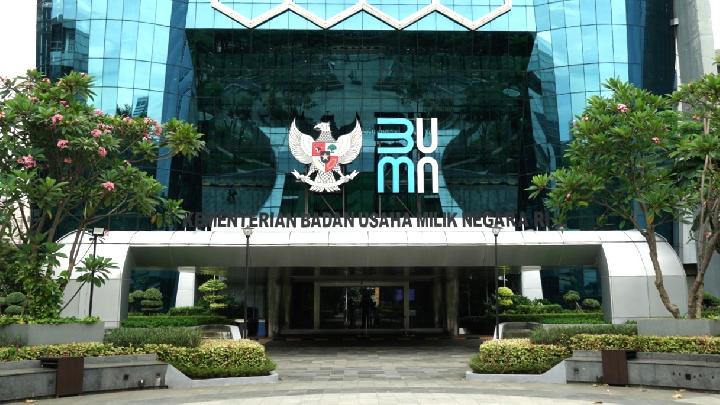
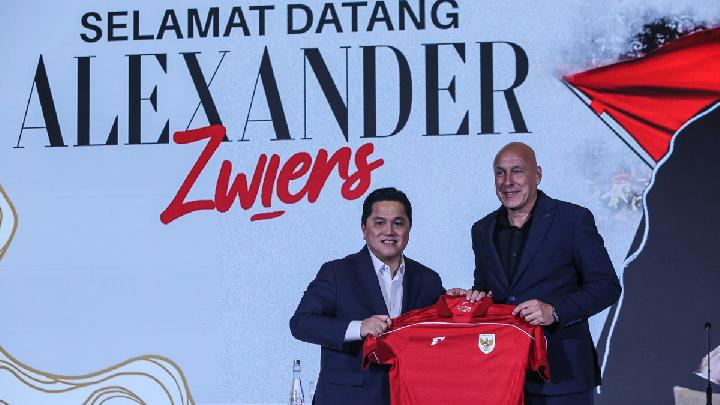


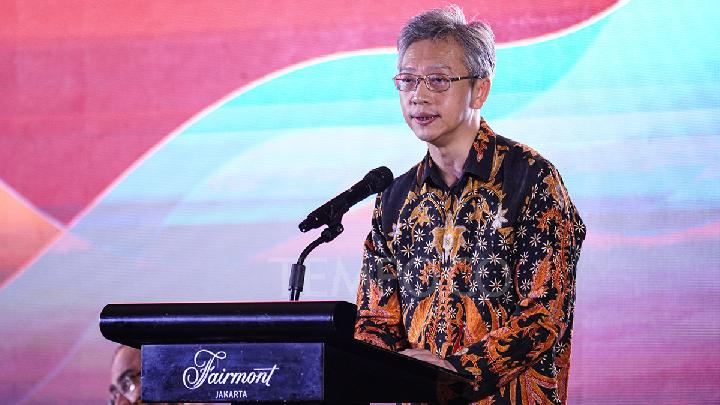


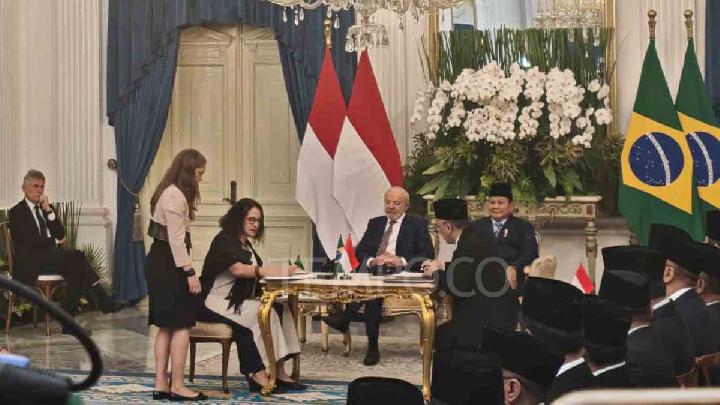

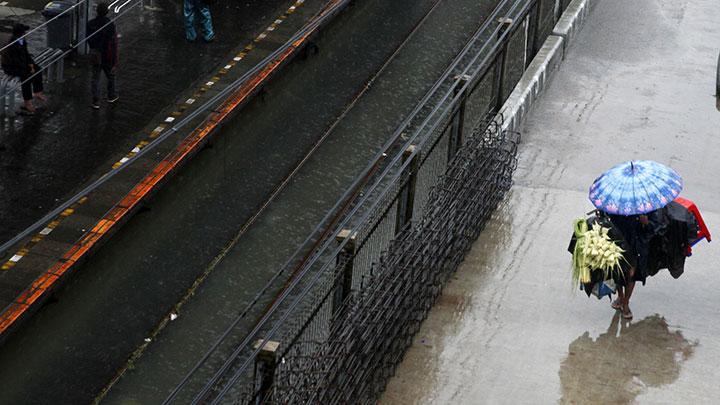




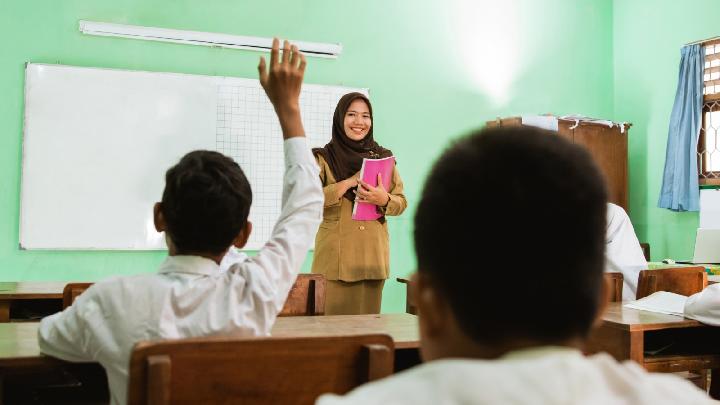











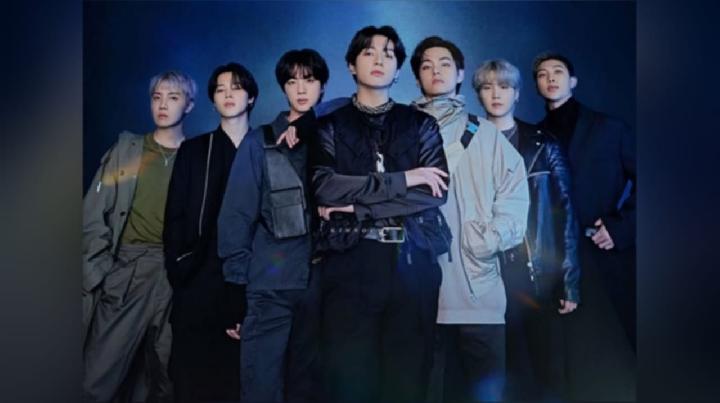


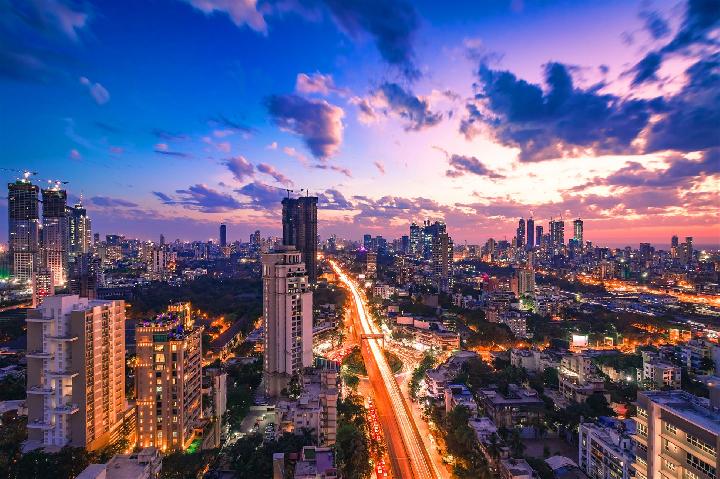
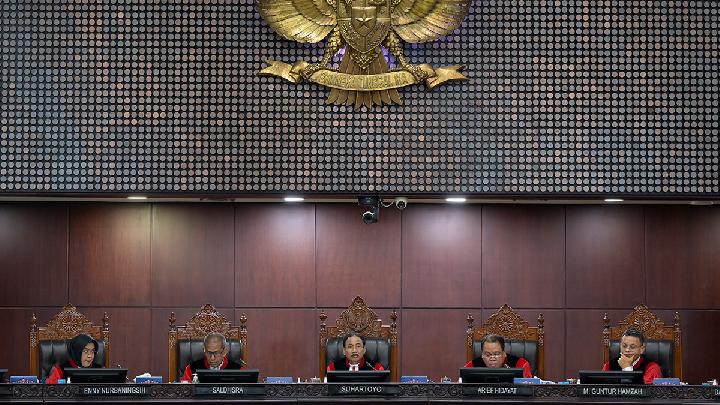

:strip_icc():format(jpeg)/kly-media-production/medias/5264803/original/026336600_1750904581-Cek_Fakta_Tidak_Benar_Ini_Link_Pendaftaran__11_.jpg)

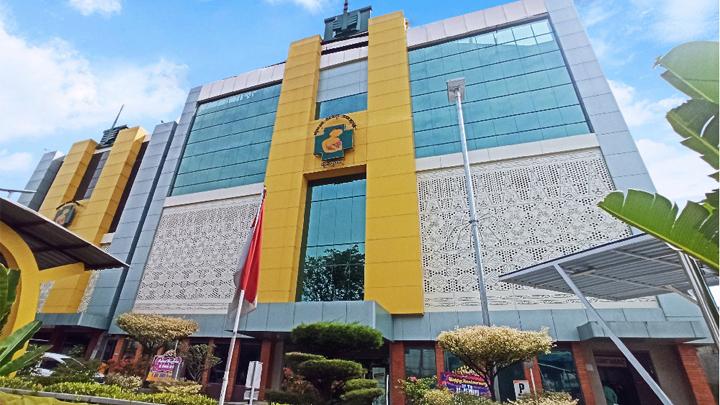
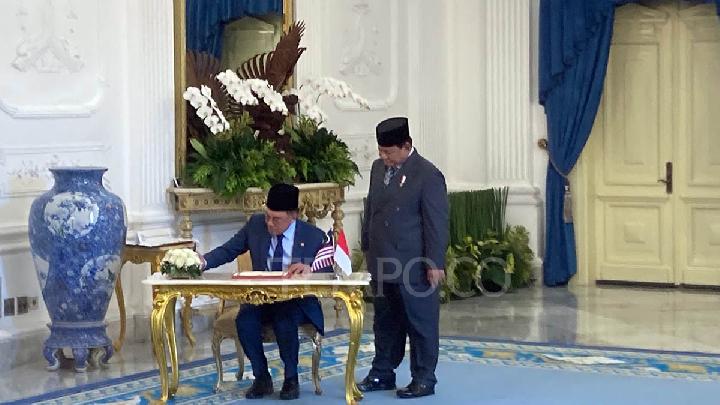
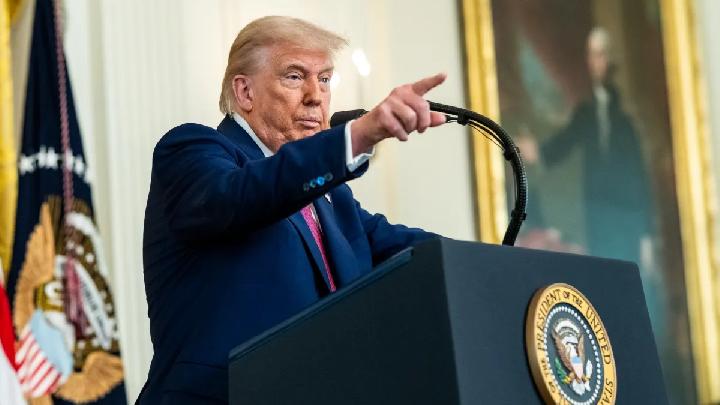



:strip_icc():format(jpeg)/kly-media-production/medias/5258623/original/005010500_1750392881-Cek_Fakta_Tidak_Benar_Ini_Link_Pendaftaran__5_.jpg)
:strip_icc():format(jpeg)/kly-media-production/medias/4498476/original/051974700_1689063836-puasa_sunnah.jpg)
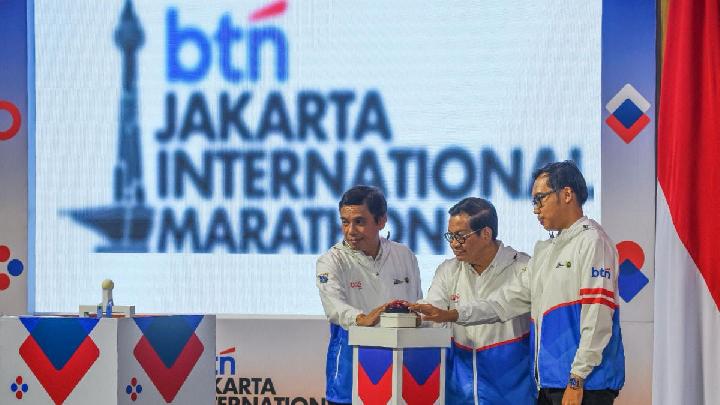

:strip_icc():format(jpeg)/kly-media-production/medias/1407603/original/079705400_1479294075-Ali_Khamenei.jpg)
:strip_icc():format(jpeg)/kly-media-production/medias/5258672/original/007662100_1750394658-18b4e792-fa49-48cf-b166-455eb3a3b632.jpg)